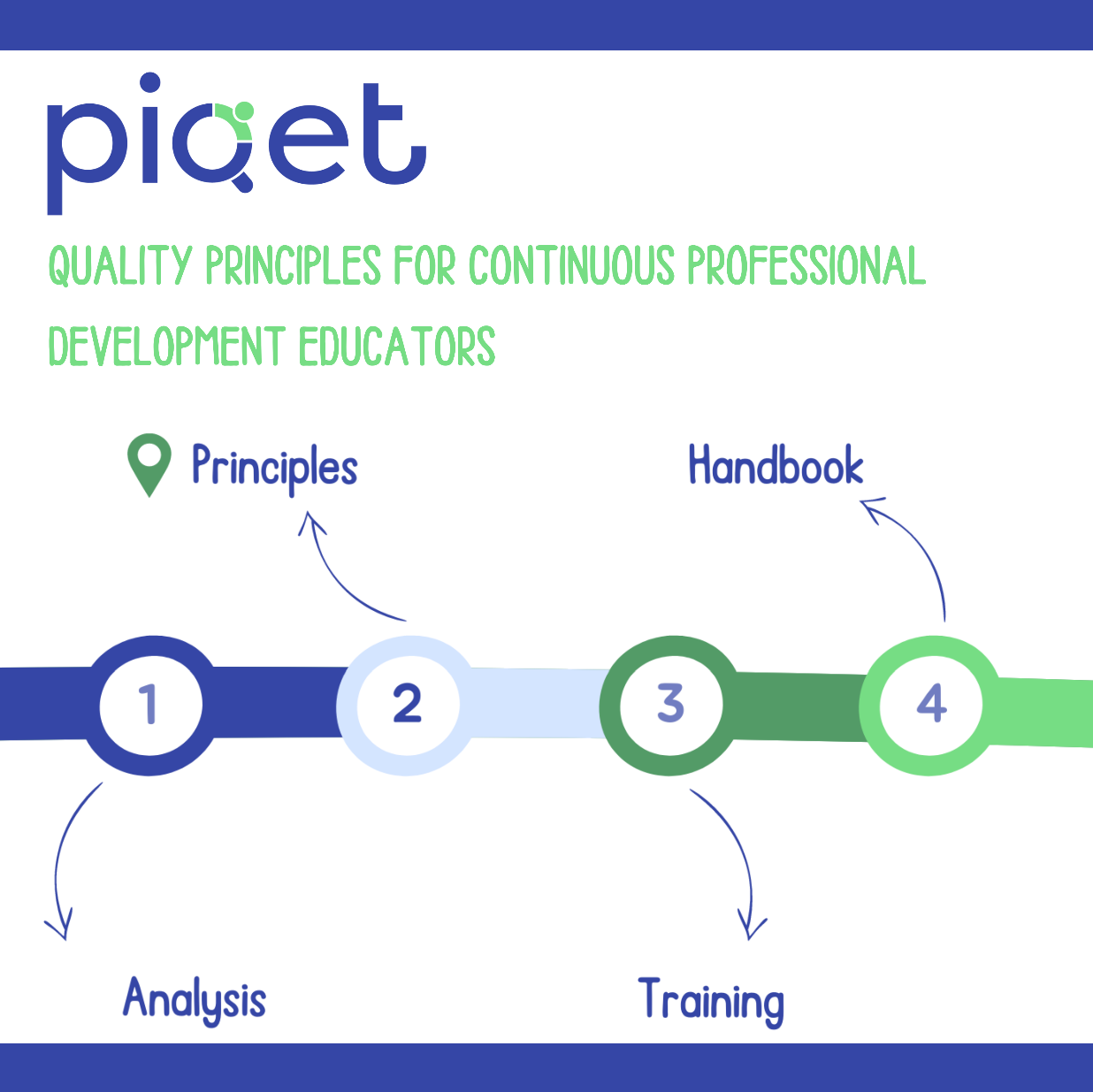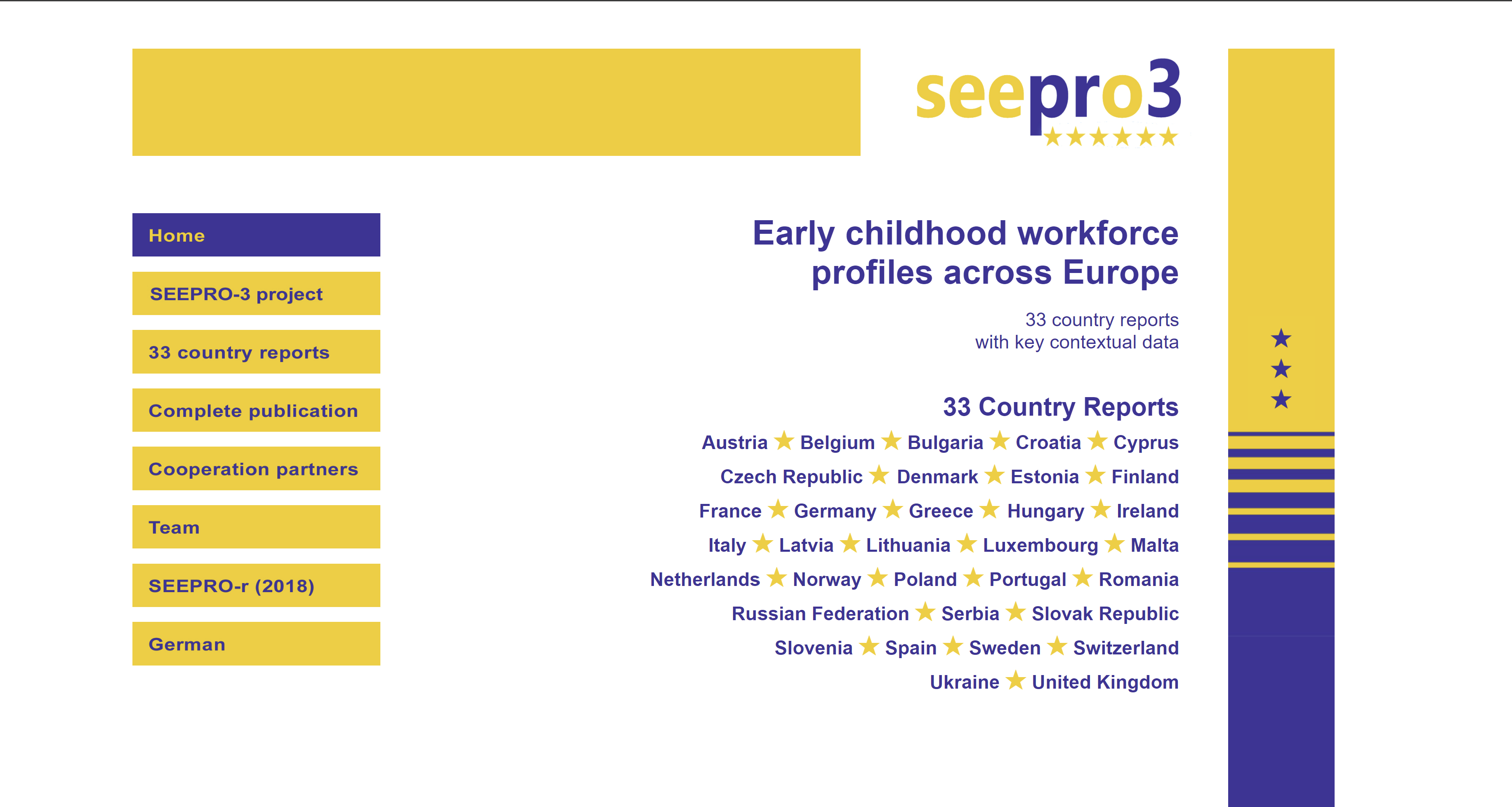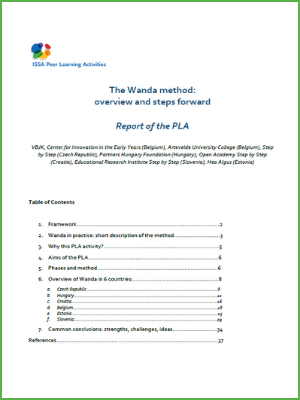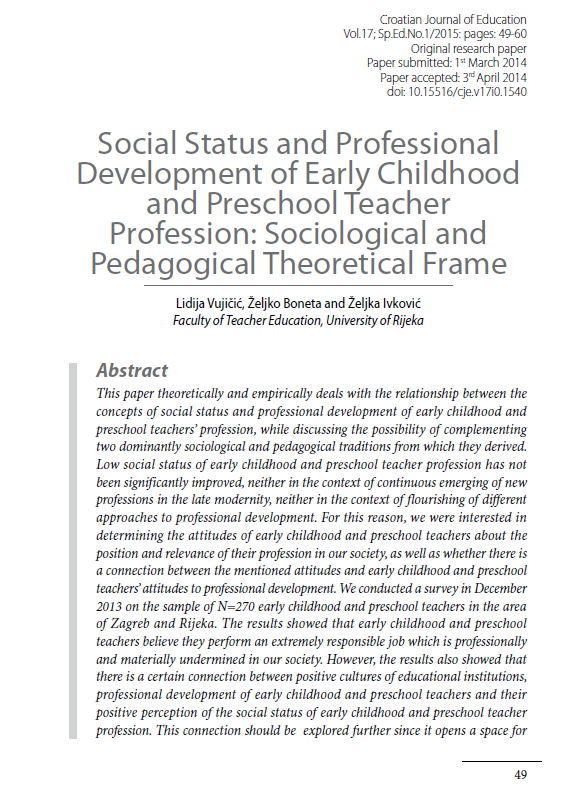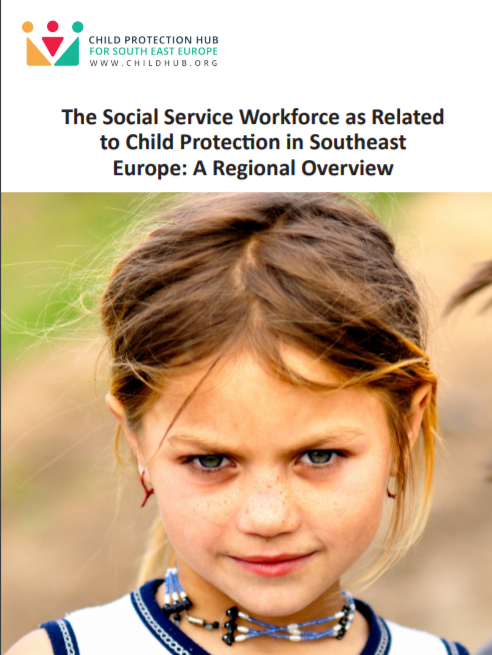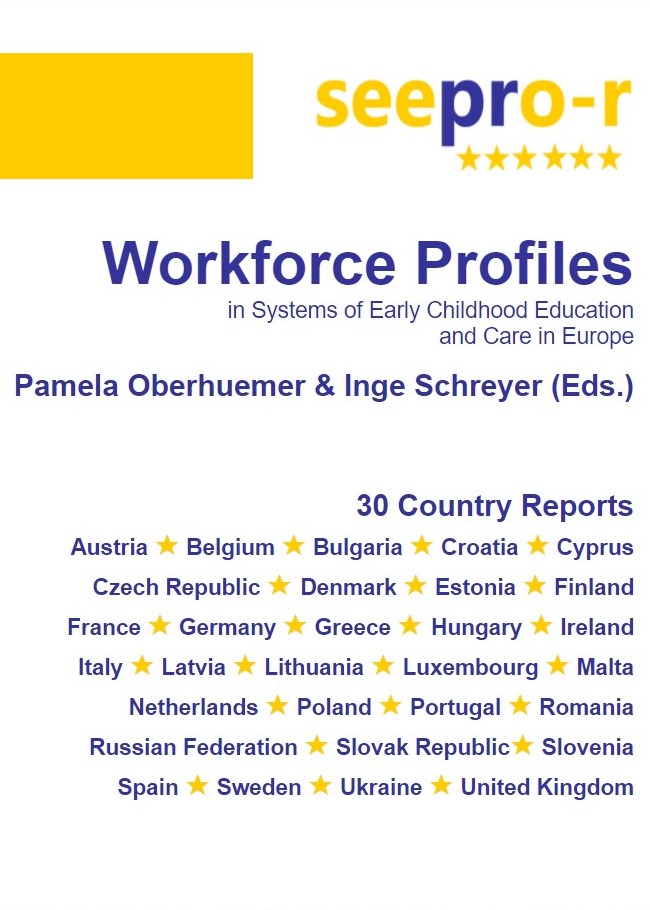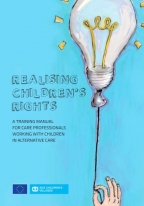Existing Practices for the Recruitment and Professional Development of Continuous Professional Development Educators
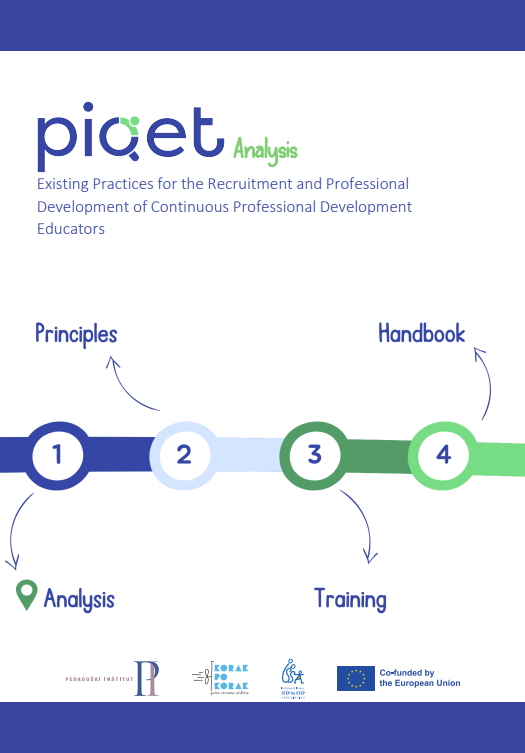
Building a strong, reliable, and high-quality ECEC workforce yields positive results that significantly impact the well-being of young children and enable their rounded and healthy development. Therefore, investing in continuous professional development (CPD) and growth of the ECEC workforce must stay high on the agenda of relevant stakeholders, enabling and promoting high-quality programs.
In this analysis, the PIQET consortium delves deeper into the context of CPD and sheds light on professionals delivering in-service continuous professional development opportunities. Why PIQET emphasizes the professionals delivering in-service continuous professional development opportunities and their professional growth and development? Because their professional development does not get enough attention in research and professional discourse, consequently, does not get the recognition when addressing the complexity of quality in ECEC and primary school education.
This analysis provides a comprehensive view of the CPD landscape for CPD Educators, pinpointing challenges and proposing actionable solutions. Committed to shedding light on this often-neglected aspect, PIQET's goal is to heighten the discussion around it, through quality principles that will guide both CPD educators and CPD-providing organizations in ensuring high-quality CPD opportunities and nurturing the professional development of CPD Educators.
Access the analysis and country reports here.
Authors: Year of Publication:2023
Access here

